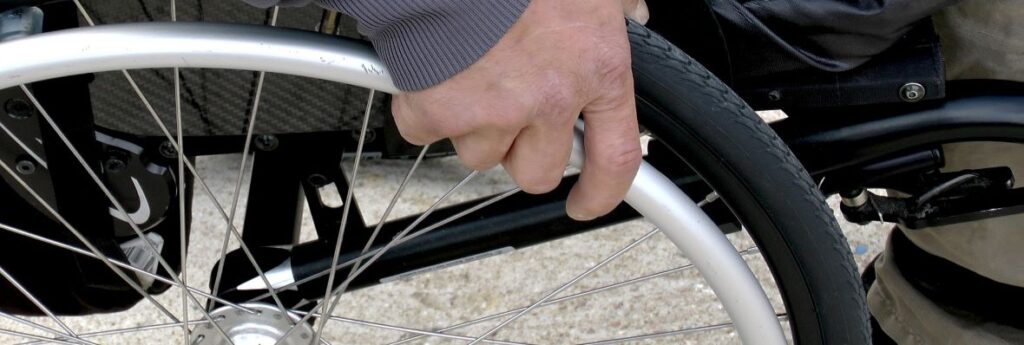Companies should not overlook digital accessibility when considering travellers with disabilities or additional needs, a session heard at World Travel Market London.
Up to 95% of websites are not disability-friendly pointed out Heather Hepburn, accessibility lead for Skyscanner and this contributes to the disproportionate amount of time and cost involved in booking accessible travel.
The company, which is a founding member of the Champions of Accessibility Network (CAN), has recently been testing improvements to its own website with the help of potential customers with dyslexia and visual impairments.
Hepburn stressed the worth of wooing travellers with accessibility needs. Skyscanner’s recent research with disability charity Scope found that 73% of those surveyed were more likely to use a website that was accessible while 80% would recommend it to others.
“It’s a huge opportunity to expand your audience size and increase your bottom line,” said Hepburn. “It has to be built into the beginning of our design process.”
The company is also overhauling its training to include more on accessibility. One of its recent additions is an Empathy Lab in which staff members are asked to complete tasks with simulated impairments such as restricted vision.
Further stressing the financial potential of the sector, Ross Calladine, Visit England’s head of business support, government disability and access ambassador for tourism, pointed out around 17% of the international population has a disability.
In England alone the pre-pandemic spend generated by travellers with impairments and groups where a member has accessibility needs was estimated to be around £15.3 billion a year.
“Improving accessibility for tourists also improves it for local people,” Calladine added, continuing that tourist boards had a “natural role to play” in giving free practical guidance to tourism suppliers.
Besides its advisory role, Visit England is also working on more representative marketing. Calladine praised the tourist boards of Germany, Portugal, Spain, and Flanders for their similar progress on accessibility.
Robin Shepherd, president of Bespoke Hotels meanwhile called for better incentives for companies to improve accessibility. He pointed out currently UK law allows for a ‘pass or fail’ scenario whereas a Gold, Silver or Bronze award structure would be more attractive. “Why not celebrate doing things better than you were asked to?” he said.
Some of Bespoke Hotels’ own properties make 10% of rooms accessible rather than the usual 5% and include little-considered facilities such as hoists. The group also has accessibility suites. “Why not put some fun, flair, design and joy into how you fulfil your accessible room?” he asked.
“The main problem is we build in disappointment. It’s no surprise when the accessible room is next to the lift, has no view and is painted grey.”

